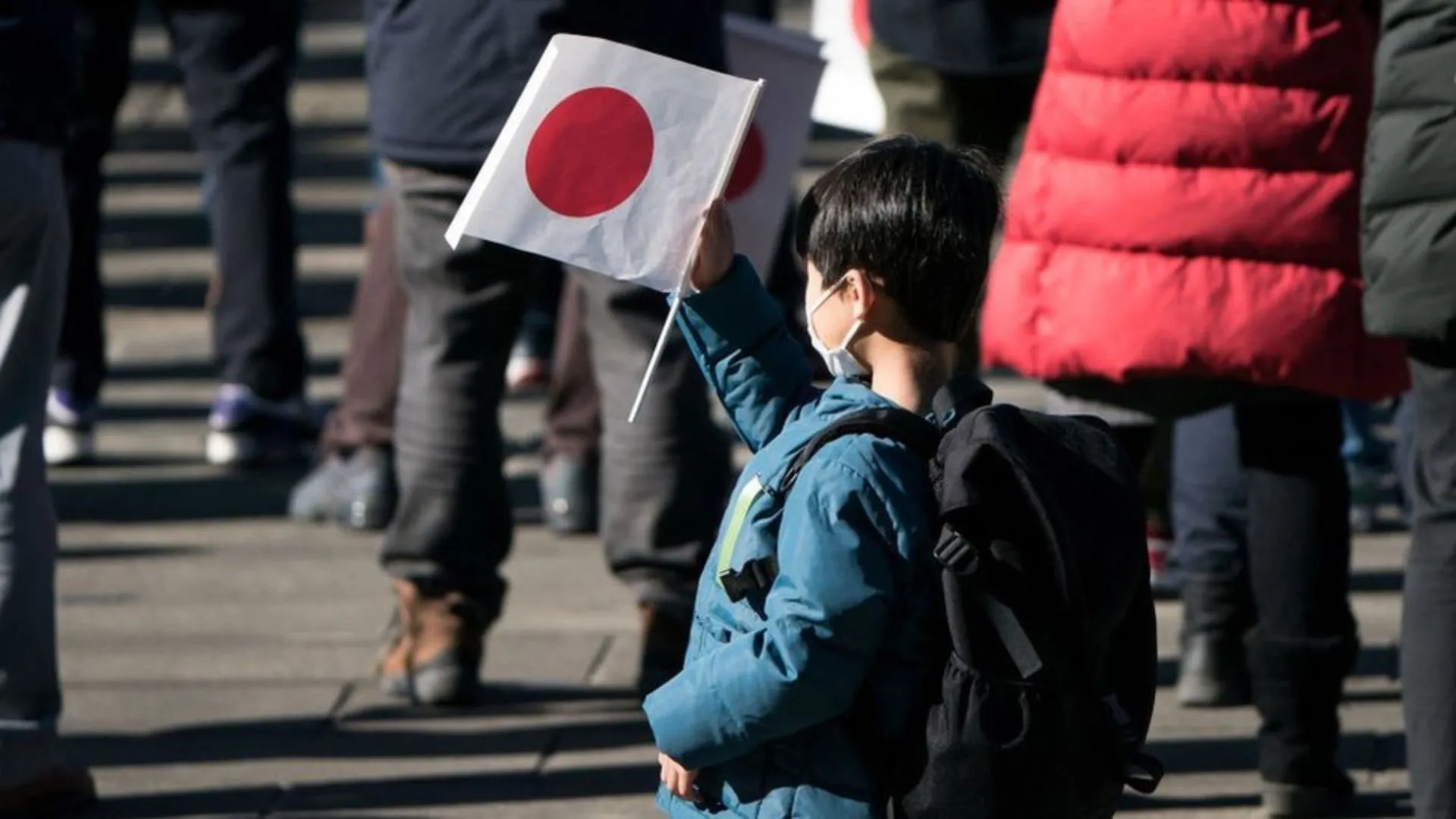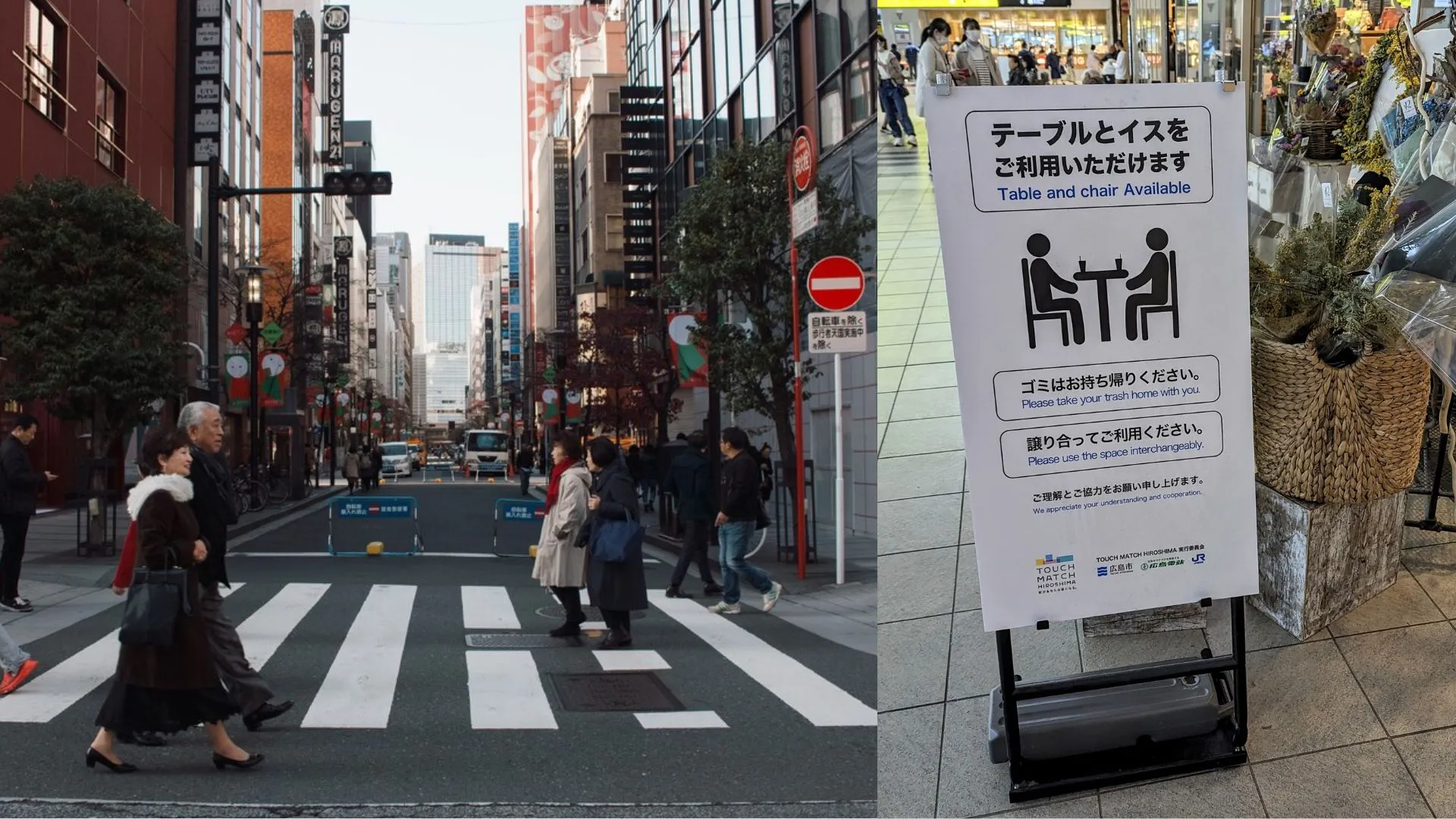If the trend continues, Japan may have only one child born in January 2720—only 695 years from now. This frightening forecast comes after Japan’s health ministry published fresh population figures indicating that just 720,988 babies were born in 2024, down 5% from 758,631 in 2023. This is the lowest ever birth rate since the government started recording the data in 1899.
The scenario is even worse if one considers the death rate in Japan. In 2024, the nation had 1,618,684 deaths, which was an increase of 1.8% compared to the previous year. This indicates that for each new baby, two individuals died, resulting in a population reduction of close to 900,000 individuals.
Prime Minister Shigeru Ishiba recognized the depth of the problem and said, “We must be cognizant that the declining birth trend has not come to a stop. But the number of marriages registered a gain. Considering close correlation between the number of marriages and the number of births, we must pay attention to this area too.”
Japan’s population reached a high of 128.1 million in 2008 but has declined by almost five million since then. The population is expected to decline to below 100 million by 2048 and continue to drop to 87 million by 2060.
Experts Warn of Japan’s Potential Extinction
Population experts caution that if the trend continues, Japan might be the first nation to become extinct because of a low birth rate. Professor Hiroshi Yoshida of Tohoku University’s Research Centre for Aged Economy and Society said, “If the falling number of births is not arrested, the ‘clock’ will be reversed. Japan may become the first nation to be wiped out because of a low birth rate.”
Why Birth Rates Are Falling in Japan
Experts cite several factors as contributing to Japan’s falling birth rate, including fewer marriages, economic uncertainty, and societal norms. Unlike most other countries, births outside of marriage are still uncommon in Japan, so marriage is an important determinant of population growth.
While Japanese marriages rose by 2.2% in 2024, this fails to counter the long-term decrease. Economist Takumi Fujinami said, “The effect could persist in 2025 as well.”
One of the primary causes of fewer marriages is the economic scene in Japan. Most men who have insecure or lower-paying employment are considered bad marriage prospects, resulting in postponed or skipped marriages. Oxford University associate professor Ekaterina Hertog said, “Traditional male breadwinner expectations cause lower-paid men to postpone marriage or skip it entirely.”
Likewise, a large number of women hold unstable jobs with nonstandard hours and low wages, which it is hard to manage a family with. The demanding work culture of the country—where “karoshi” (overwork-induced death) is an established fact—also discourages couples from having children.
What Is Japan Doing to Address the Crisis?
The government of Japan has been working hard to turn around this crisis in different ways. Former Prime Minister Fumio Kishida described it as a “now or never” moment, cautioning, “Japan is on the brink of whether we can still exist as a society.”
In an effort to promote marriage and childbearing, the government has launched a number of policies, such as:
-A government-operated dating app by the Tokyo Metropolitan Government to assist individuals in finding a partner
-Expanding childcare facilities to support working parents
-Offering housing subsidies to make raising children more affordable
-A ¥3.6 trillion childcare policy package proposed by Prime Minister Shigeru Ishiba
-Even tech billionaire Elon Musk weighed in, stating, “I’m glad the government of Japan recognises the importance of this matter. If radical action isn’t taken, Japan (and many other countries) will disappear!”
But even with such attempts, birth rates keep going down. Specialists predict that unless more radical measures are taken, Japan may experience an unprecedented demographic disaster.























